The Prime Minister identified this as an opportunity for Vietnam to restructure its economy in a fast and sustainable manner; restructure enterprises; diversify products and markets.
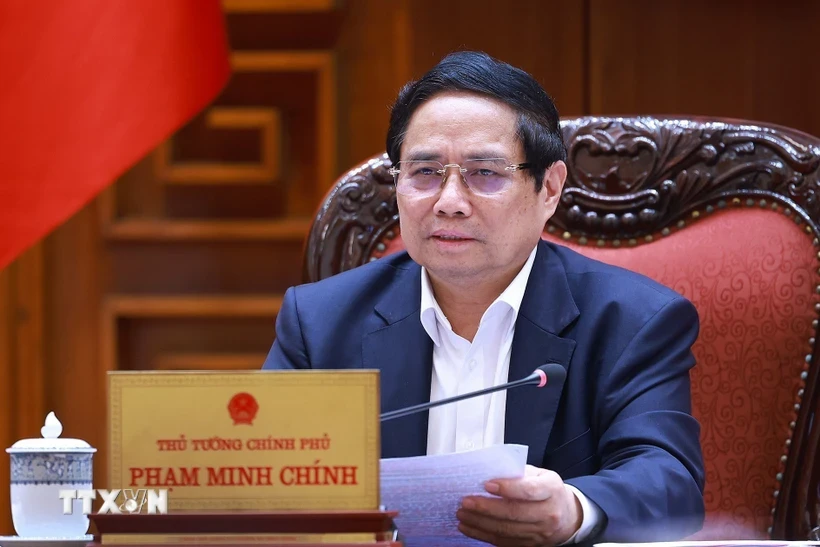
On the afternoon of April 10, Prime Minister Pham Minh Chinh chaired a meeting of the Government Standing Committee with relevant ministries, branches and agencies on tasks and solutions for economic development management, promoting balanced and sustainable trade relations with the United States, especially after US President Donald Trump announced the application of a 10% tax rate and the suspension of reciprocal tax application with many trade partners within 90 days.
This is the fourth time Prime Minister Pham Minh Chinh has chaired a meeting to implement the conclusions of the Politburo and the directions of key leaders and General Secretary To Lam in response to the United States' announcement to apply new tariff policies.
Attending the meeting were Permanent Deputy Prime Minister Nguyen Hoa Binh; Deputy Prime Ministers Tran Hong Ha, Le Thanh Long, Bui Thanh Son, Nguyen Chi Dung; Ministers, Heads of ministerial-level agencies, Government agencies; leaders of ministries, branches and central agencies.
At the meeting, the Government Standing Committee and leaders of ministries and branches focused on assessing the impact of the US tariff policy on socio-economic development, directly on production, export, labor, employment, market prices, finance, currency, growth targets, and macroeconomic management; and at the same time, made a number of proposals to adapt to the situation and continue to promote balanced and sustainable trade relations with the US.
Concluding the meeting, Prime Minister Pham Minh Chinh welcomed the calmness, clarity, courage, efforts, timely, flexible, appropriate and effective responses of relevant ministries and branches; informed that US President Donald Trump announced to reduce the tax rate to 10% and postpone the application of reciprocal taxes with many trade partners within 90 days, along with the US side agreeing to start negotiations with Vietnam on a reciprocal trade agreement.
Directing the immediate establishment of a negotiating delegation headed by the Minister of Industry and Trade to negotiate with the United States on a reciprocal trade agreement in a balanced and sustainable direction, the Prime Minister requested to continue to closely monitor the situation and propose timely, flexible and effective adaptive solutions.
The Prime Minister noted that it is necessary to place negotiations and promotion of trade cooperation with the United States in the overall Vietnam-US relationship; in the overall trade relations between Vietnam and countries and partners around the world, including the 17 free trade agreements that Vietnam has signed, as well as in the overall international relations of Vietnam and with other issues.
At the same time, this is also an opportunity for Vietnam to restructure its economy in a fast and sustainable direction; restructure enterprises; diversify products, diversify markets, diversify supply chains; help Vietnamese enterprises grow and participate deeply in large markets and large supply chains in the world.
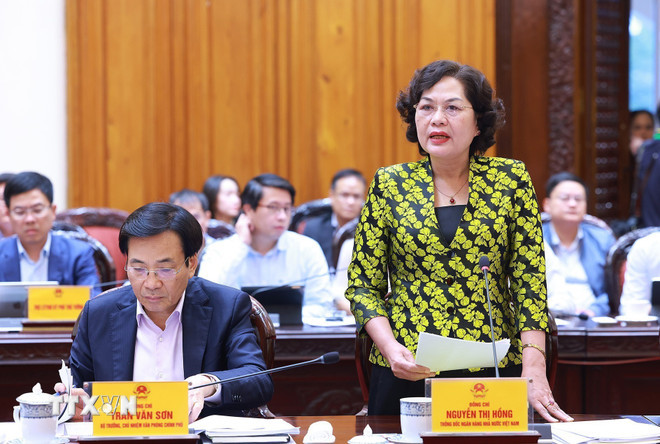
The Prime Minister directed ministries, branches, localities and units to continue considering increasing purchases of goods that the US has strengths in and Vietnam has demand for, such as liquefied petroleum gas (LNG), aircraft, etc.; continue to effectively resolve difficulties of US businesses and issues of concern to the US; review and properly handle non-tariff issues; review and adjust regulations related to copyright and intellectual property; and combat counterfeit, fake and disguised goods from entering the market to be exported to third markets.
The Prime Minister emphasized that it is necessary to ensure the goal of stabilizing the domestic situation, stabilizing the people and investors; stabilizing politics, security, social order and safety, contributing to peace, stability, cooperation and development in the region and the world; continuing to promote development; improving the material and spiritual life of the people.
The Prime Minister requested to continue to manage macro policies, ensure macroeconomic stability; promote growth in all three sectors of industry, services, and agriculture, by renewing traditional growth drivers and promoting new growth drivers; control inflation, ensure major balances; control public debt, government debt, foreign debt, and budget deficit.
Accordingly, proactively, flexibly and effectively manage fiscal and monetary policies; harmoniously and reasonably combine monetary policies with fiscal policies; proactively source foreign currency, ensure safe foreign currency reserves; stabilize exchange rates, reduce lending interest rates; expand credit packages and research new credit packages to support businesses; promote decentralization and delegation of authority; reduce at least 30% of administrative procedure processing time, 30% of business costs, 30% of unnecessary business conditions; defer, extend, and postpone debts, especially for affected subjects; reduce, extend, postpone, and exempt taxes, fees, charges, and land rents according to authority, and at the same time propose to competent authorities for settlement; promptly resolve value-added tax refunds; accelerate public investment disbursement, create jobs, and contribute to promoting growth, including reviewing and clearly examining responsibilities and having appropriate sanctions.
The Prime Minister directed to continue improving the investment and business environment; promoting production and business, supporting enterprises to adapt to the new situation, including building an Investment Support Fund and the National Investment Portal 1; taking advantage of and effectively exploiting the 17 free trade agreements that Vietnam has signed; expanding the market and seeking and expanding new markets such as the Middle East, South Asia, Egypt, South America, etc.; restructuring, diversifying products, diversifying markets, diversifying supply chains; encouraging domestic consumption.
Along with economic solutions, continue to effectively implement social security policies; review the number of affected workers and have policies clearly defining the scope, subjects, time, timing, and resources for loans and support, especially for unemployed workers, meritorious people, and the poor; accelerate the program to eliminate temporary houses, dilapidated houses, and social housing for workers.
Prime Minister Pham Minh Chinh assigned Deputy Prime Ministers in charge of sectors and Ministers and Heads of sectors, based on their functions, tasks and authority, to directly direct the strict implementation of tasks and solutions; at the same time, grasp the situation, respond promptly, flexibly and effectively to all situations./.
Source






![[Photo] Deep sea sand deposits, ancient wooden ship An Bang faces the risk of being buried again](https://vphoto.vietnam.vn/thumb/1200x675/vietnam/resource/IMAGE/2025/11/13/1763033175715_ndo_br_thuyen-1-jpg.webp)

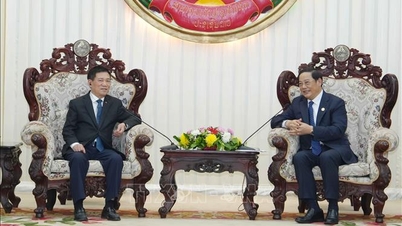

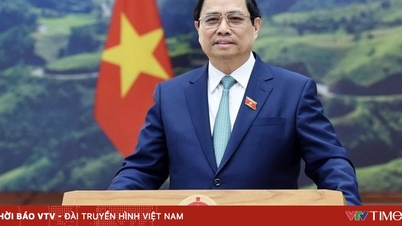

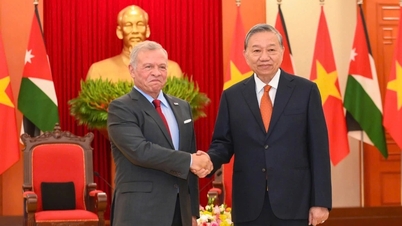



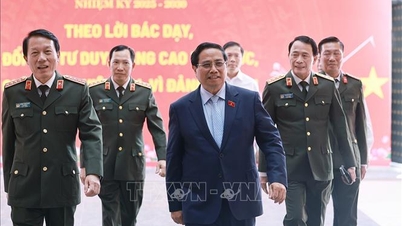
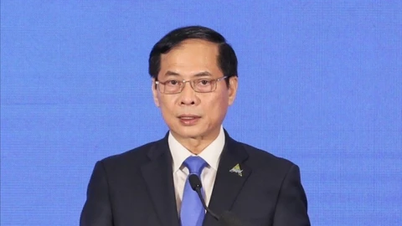



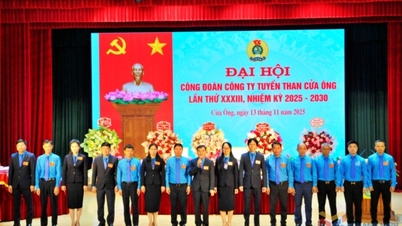

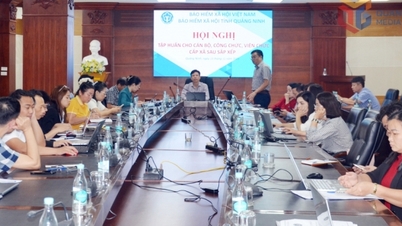

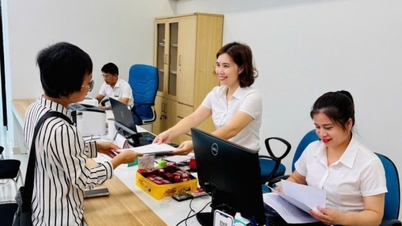




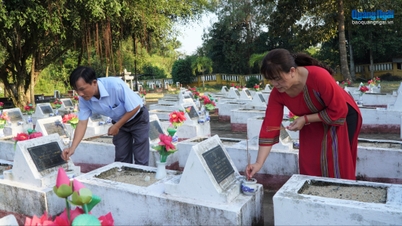
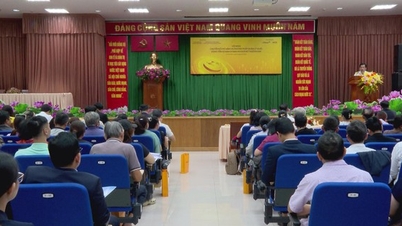


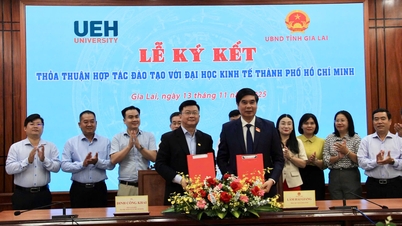
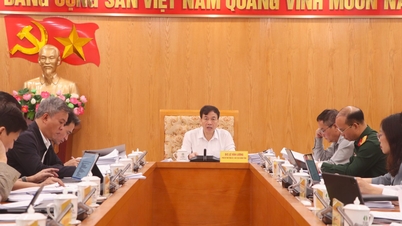





































![[Photo] Panorama of the 2nd Vietnam-Cambodia Border Defense Friendship Exchange](https://vphoto.vietnam.vn/thumb/402x226/vietnam/resource/IMAGE/2025/11/13/1763033233033_image.jpeg)
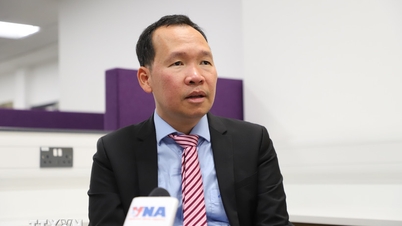

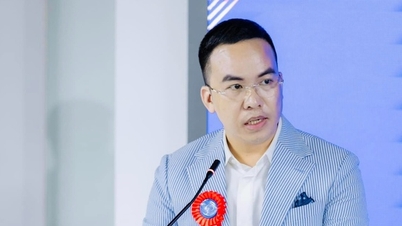
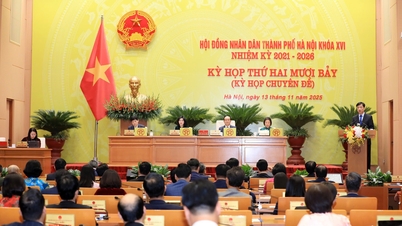

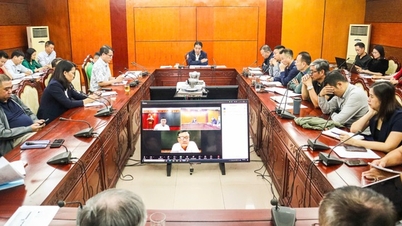

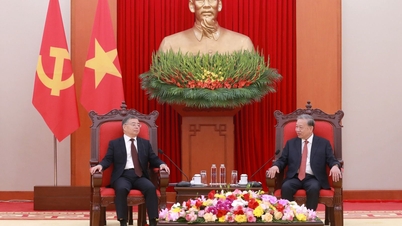
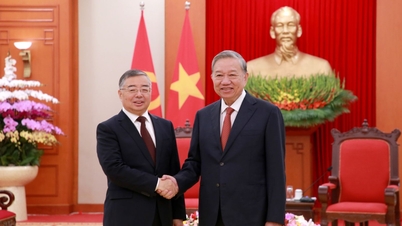
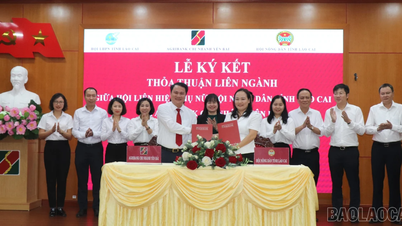




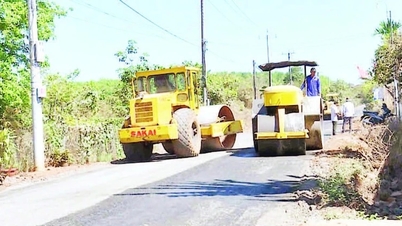







![Dong Nai OCOP transition: [Article 3] Linking tourism with OCOP product consumption](https://vphoto.vietnam.vn/thumb/402x226/vietnam/resource/IMAGE/2025/11/10/1762739199309_1324-2740-7_n-162543_981.jpeg)







Comment (0)